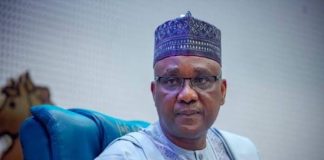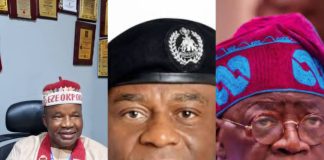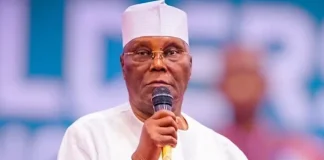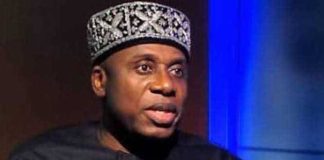🌿 Ruzu Non-Alcoholic Herbal Bitters
Ruzu Non-Alcoholic Herbal Bitters is a natural health supplement specially formulated to:
- ✅ Promote general wellness
- ✅ Detoxify the body
- ✅ Support the treatment of various ailments
Made from a powerful blend of 100% organic and medicinal herbs, Ruzu is completely alcohol-free, making it ideal for:
- 👪 All age groups
- 🌱 Health-conscious individuals
- 🌿 Anyone seeking non-alcoholic herbal remedies
Whether you're looking to boost your vitality, cleanse your system, or support healing the natural way, Ruzu Bitters offers a trusted herbal solution.
French and the New Strategic Partnership with Nigeria: A Departure from the Old Order – Prince Nixon Okwara
By Naomisophyblog
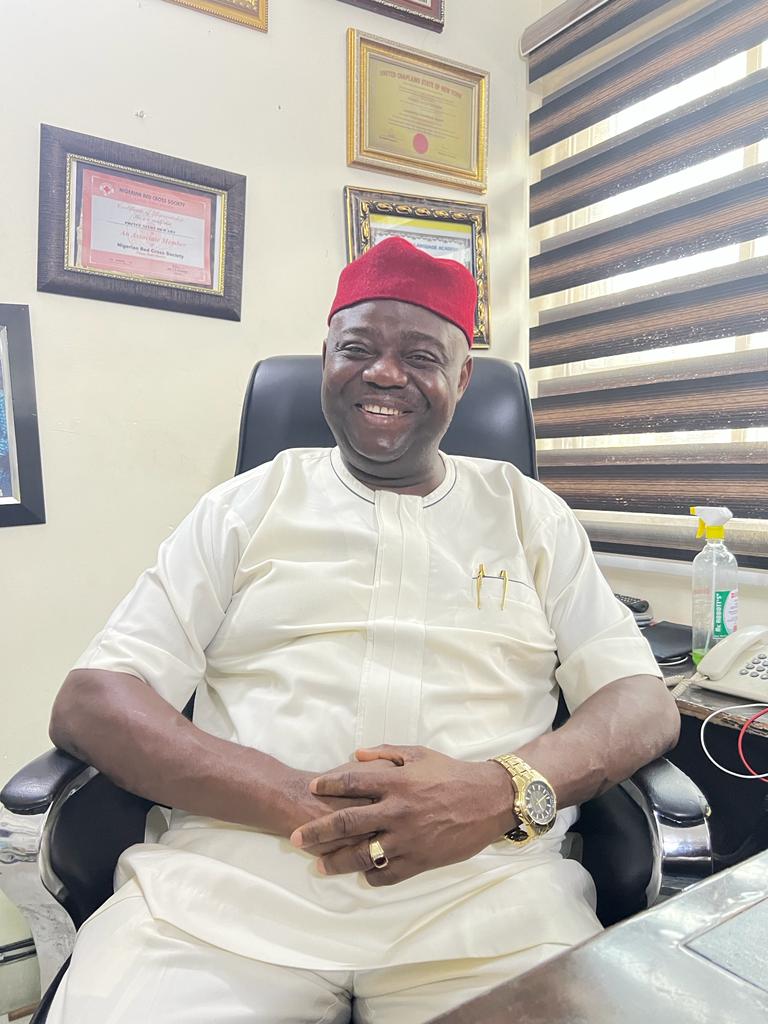
In a world rapidly shifting towards a multipolar order, where emerging powers and old alliances are being redefined, Nigeria must strategically reassess its international partnerships. The recent shift towards a new partnership with France signals an important departure from the old order, reflecting Nigeria’s readiness to engage in meaningful collaborations that align with its national interests.
Just as President Bola Ahmed Tinubu is focused on restructuring Nigeria’s institutions, which for decades have been operating on a faulty foundation, it is equally critical to forge new international partnerships that can strengthen the country’s global standing. Continuing with past alliances that have shown limited results would be akin to doing the same thing repeatedly and expecting different outcomes.
The Modern Multipolar World and Nigeria’s Position
In the current geopolitical landscape, power is no longer concentrated in a few countries. The emergence of a multipolar world, where nations like China, India, and blocs like BRICS (Brazil, Russia, India, China, and South Africa) challenge traditional Western dominance, has reshaped the dynamics of global governance, economics, and diplomacy.
This new reality requires Nigeria to align itself with partners who offer strategic benefits without compromising its sovereignty. France, despite its historical challenges in Africa, presents an opportunity for Nigeria to renegotiate relations from a position of strength. France’s waning influence in its former colonies and Nigeria’s growing prominence in West Africa provide the perfect conditions for a recalibrated partnership.
Why the New French Partnership Matters Enhanced Bilateral Relations
The new French deal offers Nigeria an opportunity to focus on mutual economic and security benefits rather than the exploitative dynamics of the past. President Tinubu’s understanding of international politics ensures that this partnership is negotiated from a position of strength, not dependency.
Neutrality in a Divided World
Given the Russia-Ukraine conflict and the evolving dynamics of BRICS, aligning with Russia or China at this time may not serve Nigeria’s long-term interests. A neutral, pragmatic partnership with France allows Nigeria to maintain strategic autonomy while reaping economic and diplomatic benefits.
Strategic Investment and Innovation
France’s focus on renewable energy, infrastructure development, and technology innovation aligns with Nigeria’s developmental goals. This partnership could lead to investments in critical sectors, helping Nigeria diversify its economy and reduce dependence on oil.
Regional Security Collaboration
With the ongoing security challenges in the Sahel region and the fight against terrorism, France’s military expertise and resources can complement Nigeria’s efforts in ensuring stability in the region.
Global Powers and Their Modern Interests
The world powers today, including the U.S., China, Russia, and regional players like the European Union, have clear strategies and foreign policy objectives:
United States
Focused on maintaining its global leadership through economic influence, military presence, and strategic alliances, the U.S. prioritizes regions where its interests align with democratic values and free-market systems.
China
Driven by its Belt and Road Initiative (BRI), China seeks to expand its economic influence by investing in infrastructure and trade networks across Asia, Africa, and Europe. However, its debt-trap diplomacy and opaque agreements often lead to concerns over sovereignty.
Russia
With its Ukraine invasion and strained relations with the West, Russia is focused on projecting power through BRICS and alternative alliances. However, its aggressive foreign policies may not align with Nigeria’s need for stability and peaceful growth.
European Union (France)
France, while dealing with diminishing influence in Francophone Africa, is looking for partnerships with rising powers like Nigeria to stabilize its foothold in the region.
Why the New Deal Is Better
The partnership with France allows Nigeria to negotiate from a position of strength. Unlike past alliances, where Nigeria played a passive role, this new deal acknowledges Nigeria’s regional dominance and economic potential.
Reduced Overreliance on Old Allies:
Traditional alliances with Britain and the U.S. have often sidelined Nigeria’s priorities, while BRICS nations may not offer the necessary stability.
Leveraging France’s Needs: With France losing influence in its former colonies, Nigeria can demand fairer terms and establish itself as a strategic partner.
Conclusion
Diplomacy is not just about alliances; it is about redefining relationships to serve national interests. Nigeria’s shift towards a neutral but strategic partnership with France positions the country to maximize its regional and global influence without being entangled in the ideological clashes of other world powers. By prioritizing national interests, fostering accountability, and strengthening diplomatic ties, Nigeria can emerge as a key player in the new multipolar world order, forging alliances that reflect its aspirations and potential.










